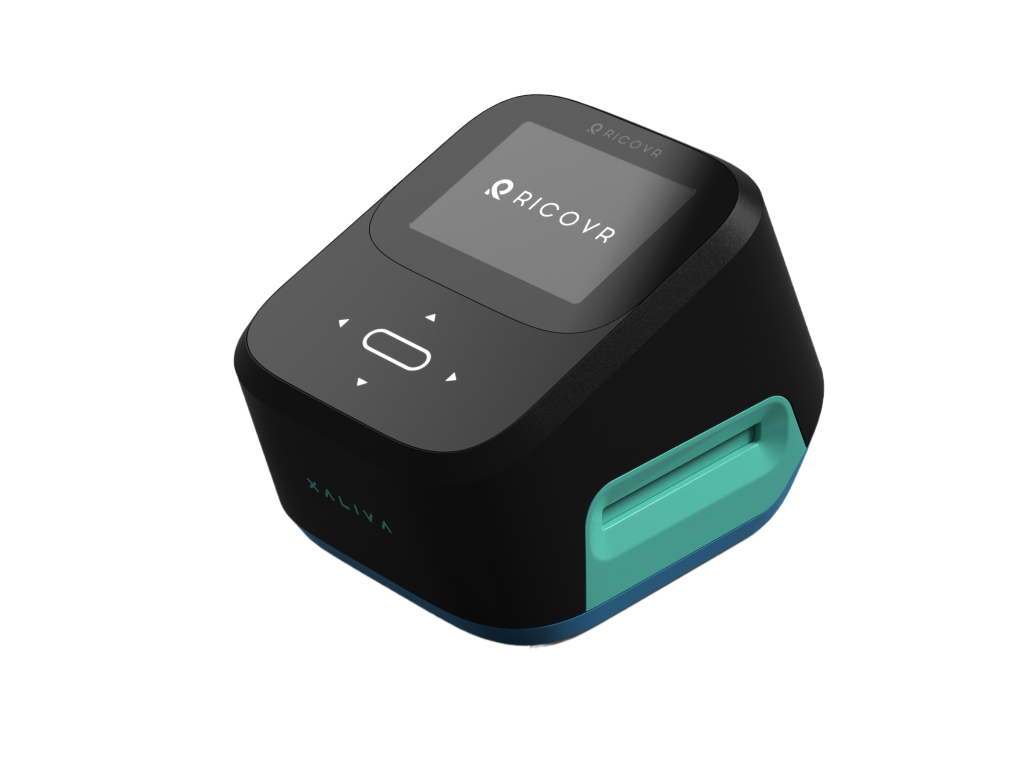There are two main issues with current urine-based marijuana drug tests – adulteration and the length of detection time in comparison to the window of impairment.
Adulteration refers to an individual cheating on a urine test. According to the Quest Drug Testing Index report, there was a 633% increase in cheating on urine tests last year. Another survey showed that 82% of drug testing experts said that they know people adulterate urine tests by either purchasing fake urine or using a clean sample from someone else to pass the test.
Marijuana urine tests detect metabolites in urine from a few days up to 30 days for marijuana. A comprehensive review of all impairment studies from Neuroscience & Behavioral Reviews suggests that cannabis impairment can last 3 to 10 hours, making urine-based testing ineffective and potentially unfair (19).




